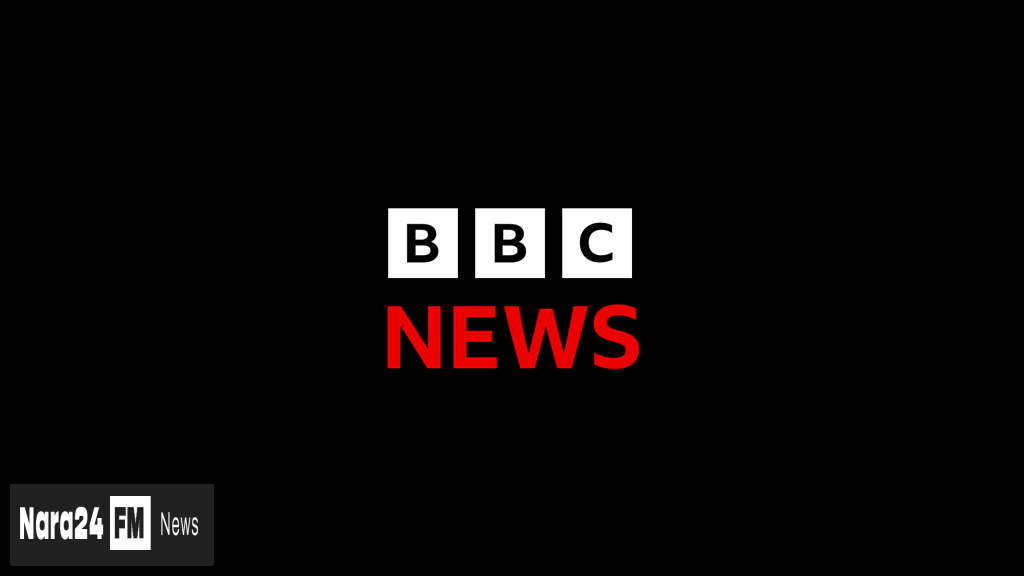In This Article
- Trump Declares Ceasefire Amid Ongoing Israel-Iran Conflict
- Ceasefire Details and Timeline
- Lack of Official Confirmation from Israel and Iran
- Continued Skepticism and Ongoing Tensions
- Minor Easing of Tensions in Qatar
- International Awaits Further Developments
Key Takeaways
- President Trump unilaterally declared a 'complete and total' ceasefire between Israel and Iran, labeling the conflict 'The 12 Day War,' despite no official confirmation from either party.
- Israel continued military operations against Iran while Netanyahu acknowledged the costs of prolonged conflict, though Gantz suggested prior willingness to end hostilities via intermediaries.
- Iran has not responded to Trump’s ceasefire claim, with analysts expressing skepticism due to ongoing fighting and lack of formal agreement.
- Qatar reopened its airspace after briefly closing it following Iran’s missile attack on a U.S. base, signaling a minor de-escalation.
- International observers remain cautious, awaiting Tehran’s response and clarity on implementation of Trump’s announced ceasefire.
Trump Announces Ceasefire Claim Amid Ongoing Israel-Iran Hostilities
In an unexpected announcement made Monday night, President Donald Trump declared a "complete and total" ceasefire between Israel and Iran, dubbing the recent hostilities "The 12 Day War." However, this declaration came despite no official confirmation from either party involved in the conflict.
According to reports circulating at the time, the ceasefire was set to take effect in stages within the next 24 hours. Iran was reportedly expected to initiate a pause in its attacks, followed by Israel, with a full cessation of hostilities confirmed by the 24-hour mark. Trump tweeted, "It has been fully agreed by and between Israel and Iran that there will be a Complete and Total CEASEFIRE." He further declared, "Upon the 24th Hour, an Official END to THE 12 DAY WAR will be saluted by the World."
The conflict, which erupted nearly two weeks prior, escalated significantly after the United States conducted airstrikes against Iranian nuclear facilities. In direct retaliation, Iran launched a barrage of missiles at the US-operated Al Udeid Air Base in Qatar on Saturday. Reports indicated all missiles were intercepted, resulting in no reported casualties according to US and Qatari officials.
Iran Warns of Retaliation in Response to US Attacks Amid Trump's Claims
Iran sends a strong message of retaliation in response to US...
Read moreDespite Trump's claim, neither Israel nor Iran officially acknowledged the ceasefire agreement. Israeli Defence Minister Benny Gantz stated that military operations against Iran were continuing with "unprecedented force," although sources suggested Israel had previously signaled through Arab intermediaries its willingness to end the conflict. Israeli Prime Minister Benjamin Netanyahu, while not explicitly endorsing the ceasefire, noted the high human and financial cost of continuing operations, stating he was not seeking a "prolonged war."
Iran has not issued any official response to Trump's ceasefire claim. Adding a note of caution, analysts pointed out the lack of confirmation from the involved parties and the ongoing nature of the fighting as reasons to remain skeptical about the ceasefire's validity. They questioned whether the US announcement might be aimed at pressuring Tehran.
A minor but symbolic easing of tensions occurred as Qatar's civil aviation authority announced the reopening of its airspace, stating the "atmosphere has returned to normal" following the airspace's brief closure after Iran's missile attack on the US base.
For now, international observers await Tehran's response and the implementation details of what President Trump termed an official end to hostilities between his declared adversaries, Israel, and Iran. The world watches to see whether a genuine cessation of fighting materializes despite the conflicting signals from the parties directly involved.








Comments (0)
Leave a Comment
Be the first to comment on this article!